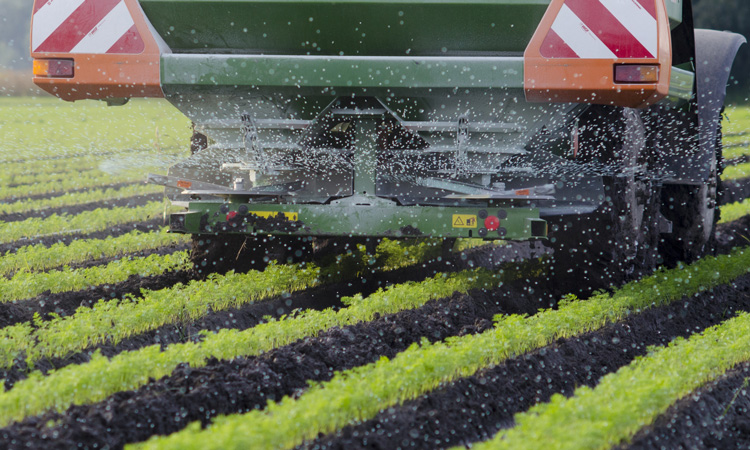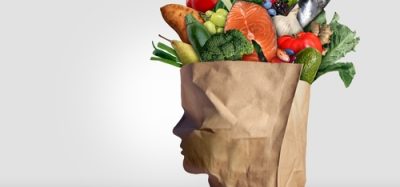Plant protein discovery could reduce need for crop fertilisers
- Like
- Digg
- Del
- Tumblr
- VKontakte
- Buffer
- Love This
- Odnoklassniki
- Meneame
- Blogger
- Amazon
- Yahoo Mail
- Gmail
- AOL
- Newsvine
- HackerNews
- Evernote
- MySpace
- Mail.ru
- Viadeo
- Line
- Comments
- Yummly
- SMS
- Viber
- Telegram
- Subscribe
- Skype
- Facebook Messenger
- Kakao
- LiveJournal
- Yammer
- Edgar
- Fintel
- Mix
- Instapaper
- Copy Link
Posted: 7 September 2020 | Sam Mehmet (New Food) | No comments yet
The researchers said that the discovery could reduce the cost burden of fertilisers as well as their environmental and ecological damage.


Researchers have discovered how a protein in plant roots controls the uptake of minerals and water, which they say could improve the tolerance of agricultural crops to climate change and reduce the need for chemical fertilisers.
The research revealed that for members of the blue copper proteins family, the Uclacyanins are vital in the formation of Casparian strips. The researchers explained that these strips are essential structures that control mineral nutrient and water use efficiencies by forming tight seals between cells in plants, blocking nutrients and water leaking between.
The study suggested that the molecular machinery required for Casparian strip lignin deposition is highly ordered by forming nano-domains which can have a huge impact on plant nutrition, a finding that could help in the development of crops that are efficient in taking in the nutrients they need, the researchers noted.
Guilhem Reyt, from the School of Biosciences and Future Food Beacon at the University of Nottingham and lead of the research project, said: “This research is important in revealing the molecular mechanics underpinning efforts to improve mineral nutrient and water use efficiencies and enhanced stress tolerance, making crops more able to withstand flooding, drought, nutrient deficiencies and trace element toxicities.
“Such improvements in agricultural and horticultural crops could also potentially benefit subsistence farmers with limited access to inorganic fertilisers which include nitrogen, phosphate and potassium and also sulphur and magnesium. This would help to reduce the cost burden such fertilisers impose and reduce the environmental and ecological damage their production and excess use causes. Improved water use efficiency and stress tolerance will also improve yields for subsistence farmers cultivating marginal lands.
“An improved understanding of how roots acquire important trace element and minerals should provide an important molecular mechanistic underpinning to efforts to improve food quality by helping to increase the content of essential mineral nutrients and reduce toxic trace elements in food crops.”
Related topics
Food Safety, Proteins & alternative proteins, Research & development








